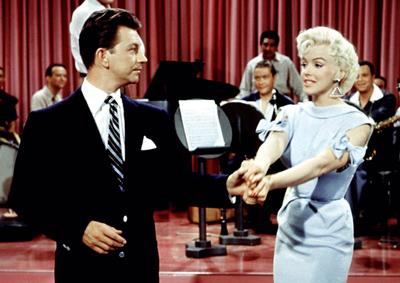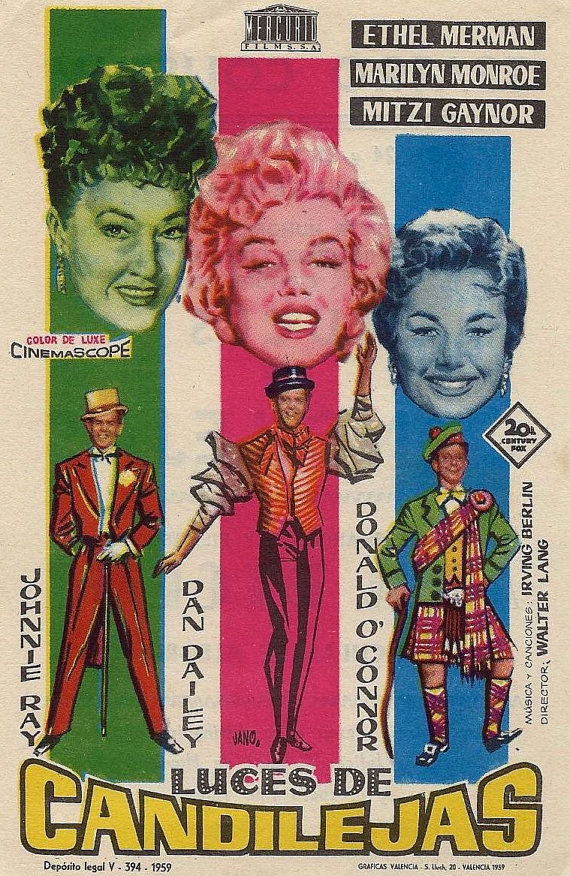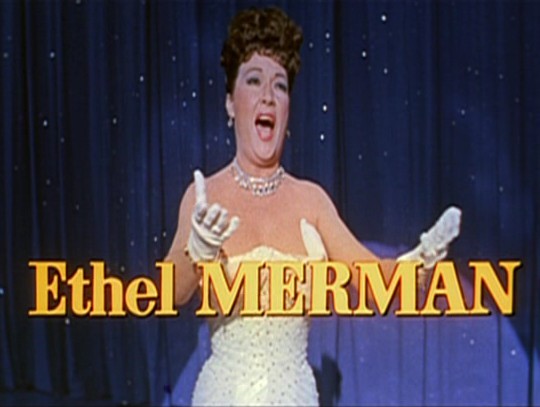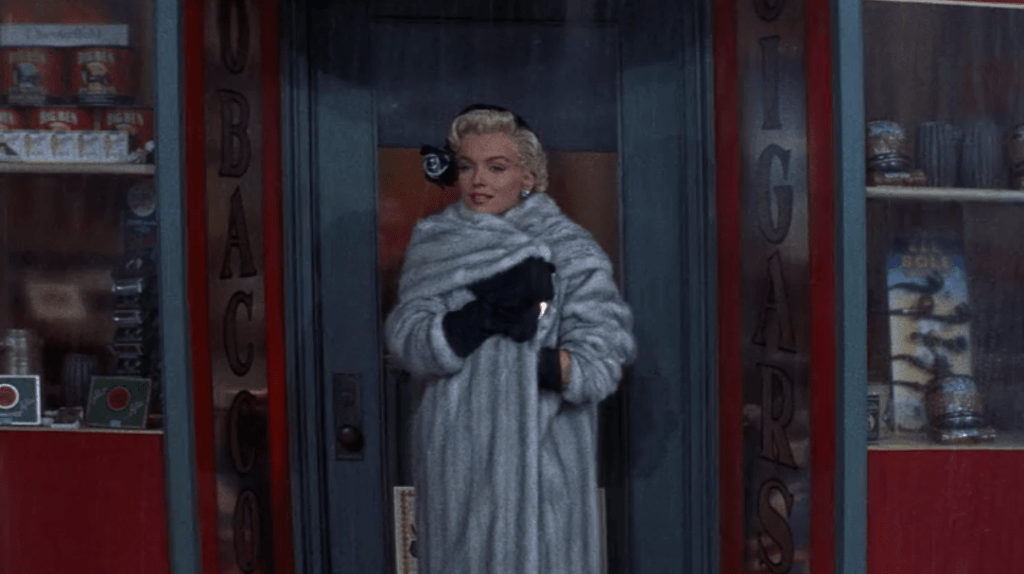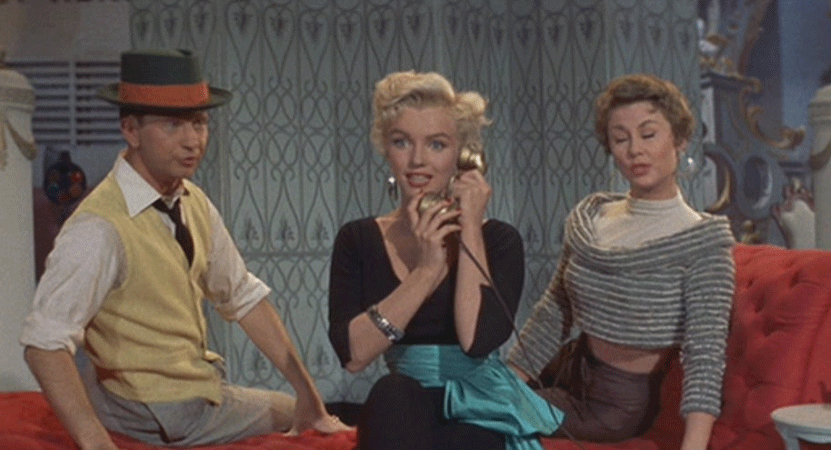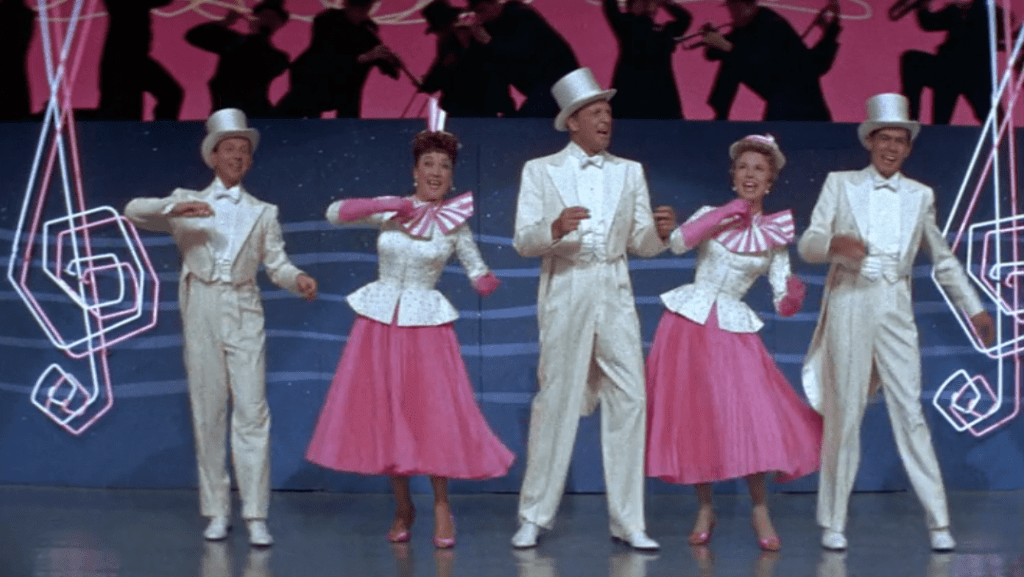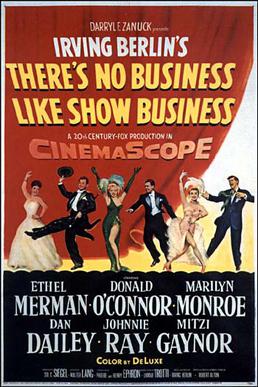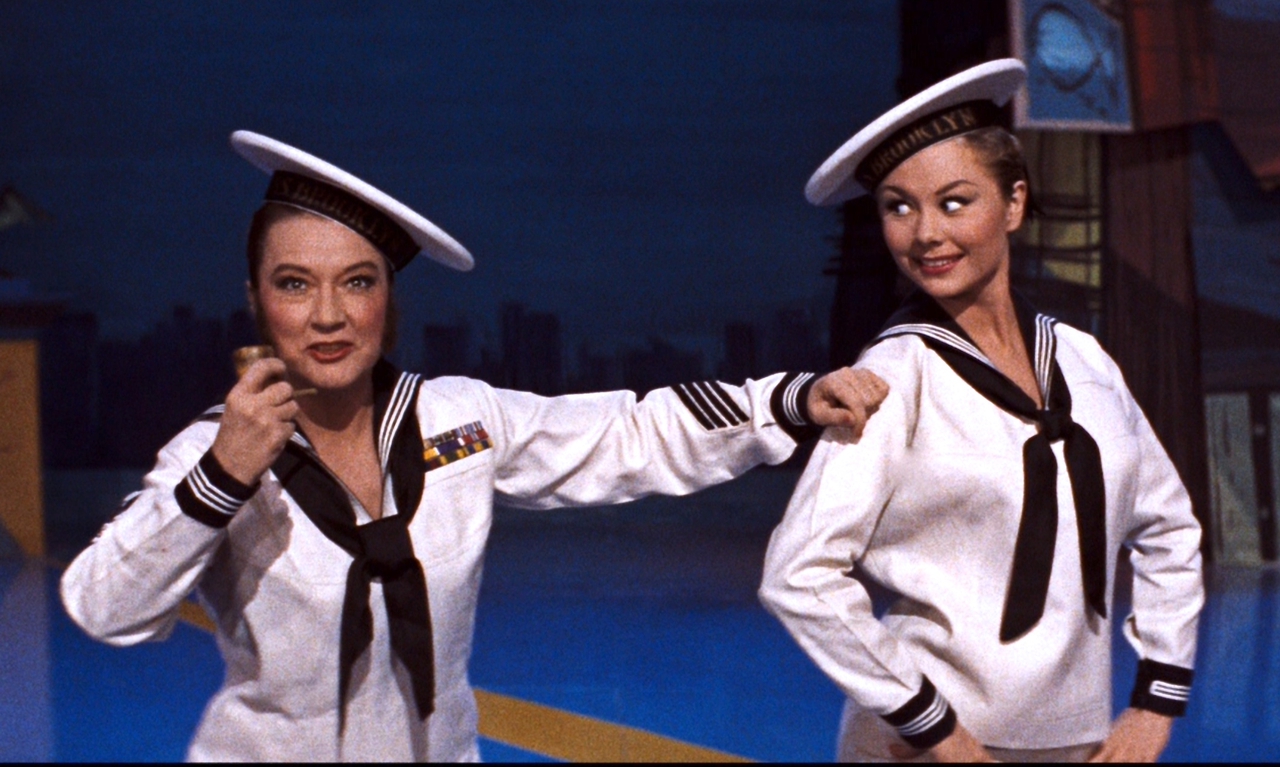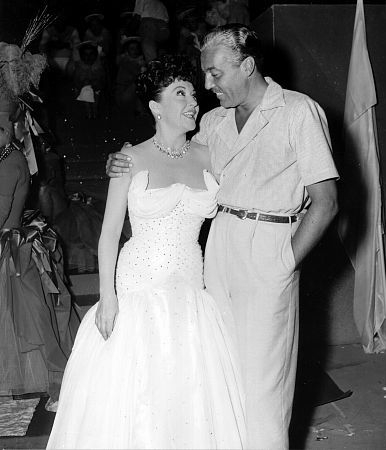archiveorg
cinemaarchiveorg
cinemaThere’s No Business Like Show Business 1954
There’s No Business Like Show Business 1954
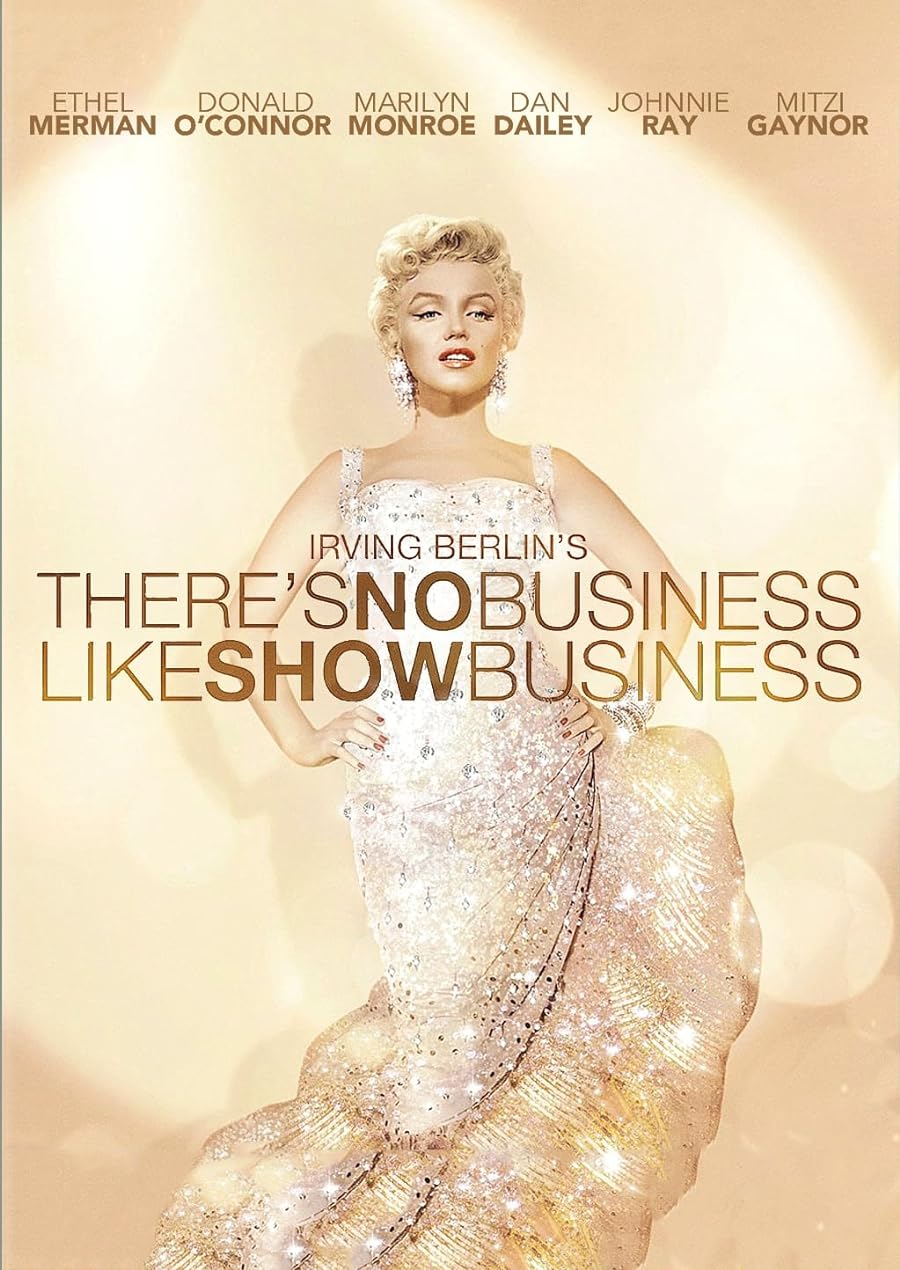
Irving Berlin’s There’s No Business Like Show Business is a 1954 American musical comedy-drama film directed by Walter Lang. It stars an ensemble cast, consisting of Ethel Merman, Donald O’Connor, Marilyn Monroe, Dan Dailey, Johnnie Ray, and Mitzi Gaynor
THERE’S NO BUSINESS LIKE SHOW BUSINESS, screen play by Phoebe and Henry Ephron, based on a story by Lamar Trotti; directed by Walter Lang; produced by Sol C. Siegel for Twentieth Century-Fox
The title is borrowed from the famous song in the stage musical (and MGM film) Annie Get Your Gun
The screenplay was written by Phoebe Ephron and Henry Ephron, based on a story by Lamar Trotti; and the movie was Fox’s first musical in CinemaScope and DeLuxe Color
There’s No Business Like Show Business. 1954. USA. Directed by Walter Lang. 117 min
Screenplay by Phoebe Ephron, Henry Ephron. Music by Irving Berlin. Dances by Robert Alton, Jack Cole (uncredited)
With Ethel Merman, Donald O’Connor, Marilyn Monroe, Dan Dailey, Johnnie Ray, Mitzi Gaynor
Monroe, a rising star at Fox, tested her new power by grabbing Ethel Merman’s “Heat Wave” number for herself and insisting that the film’s esteemed choreographer, Robert Alton, be replaced by Cole
The good-taste-challenged result nonetheless ranks as a Cole classic if only for its exceptional Matt Mattox–led cadre of male dancers
Monroe’s no less anachronistic “After You Get What You Want You Don’t Want It” just adds to the fascinating clutter of this star-studded salute to Irving Berlin
THERE are no people like show people, as Irving Berlin says. That’s a point the show people of Hollywood have been struggling for years to make
Now a major success in that direction is achieved by Twentieth Century-Fox in “There’s No Business Like Show Business,” which slammed into the Roxy last night at a gala première for the benefit of the Actors Fund
Here at last it is demonstrated, in the full bloom of color and CinemaScope—and with the help, it must quickly be acknowledged, of some of Mr. Berlin’s better songs—that the people who work in show business are a brash and irrepressible breed, from whom sentiment flows like maple syrup and to whom restraint is as foreign as a gnu
And if anyone raises feeble protest that this has been shown before, we hasten to add that it has never—but never!—been shown on such a scale
In a size and with a lavishness of production that puts in the distant shade such a show as their own previous frolic with Berlin music, “Alexander’s Ragtime Band,” the Fox people are spreading the story of a vaudeville family across the screen as though it were the Cohans, Foys and Rooneys all wrapped up in a big Ziegfeld-Carroll revue
They are putting this family through the paces of young love, old love, failure, success, separation, reunion, malnutrition, even of one son’s entrance into the priesthood—all but death
And they are doing it all to Berlin music, as though the only songs these people latched on to were the songs of the dean of Tin Pan Alley—which, considering their quality, is all right, too
From the opening scene in which Dan Dailey and Ethel Merman, who beget a thespian brood that turns out to be Mitzi Gaynor, Donald O’Connor and Johnnie Ray, start off with a raggy shuffle to “When That Midnight Choo-Choo Leaves For Alabam’,” the whole thing is one long gorgeous wallow in fantastic style and sentiment
Song and story are wrapped and rolled together for 117 minutes, wall to wall
What they like, they repeat. Mr. O’Connor does a drunk scene early in the film—you know, kid coming home with a snoot-full to shock his parents
A comedy routine. So they do it again when Mr. O’Connor thinks he has been jilted by Marilyn Monroe, a blond, baby-faced night-club singer who complicates the uneven tenor of the family’s way
Likewise, the family is presented in a splurge of “Alexander’s Ragtime Band” as soon as the children are all grown up so they can take their appropriate turns
Mr. Dailey and Miss Merman do it “beer-hall,” Mr. O’Connor does it with a Scottish burr, Miss Gaynor sings and dances it like a Frenchie and Mr. Ray shouts it from the top of his head
This song, with all of them joined together, is repeated at the end.Some things are better than others
Miss Gaynor and Miss Merman are fine in a song-skit called “A Sailor’s Not a Sailor Till a Sailor’s Been Tattooed.” As a matter of fact, Miss Gaynor and Miss Merman are the most agreeable items in the show
When it comes to spreading talent, Miss Gaynor has the jump on Miss Monroe, whose wriggling and squirming to “Heat Wave” and “Lazy” are embarrassing to behold.Embarrassing, too, is the build-up of Mr
Ray’s becoming a priest, which he explains as “a change of booking.”
Says he: “You’ve got to admit, the Church has had a mighty long run.” And when he wails an evangelistic number, “If You Believe,” which contains the horrendous line “I’m making no promises to the doubting Thomases,” your flesh is likely to crawl.But, then, Mr. O’Connor is spanking in a dance to “A Boy Chases a Girl,” and, however you view Mr. Dailey, he’s a hoofer down to the ground.So that’s how it is with this picture—a huge, sprawling, sentimental show. Lots of laughing and crying. Lots of singing
There are no people like show people, indeed
There’s No Business Like Show Business (1954)
There’s No Business Like Show Business (1954)
برای نمایش آواتار خود در این وبلاگ در سایت Gravatar.com ثبت نام کنید. (راهنما)






















































ایمیل شما بعد از ثبت نمایش داده نخواهد شد
